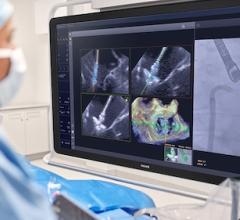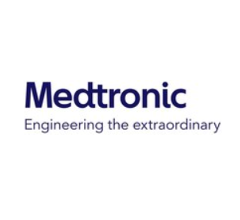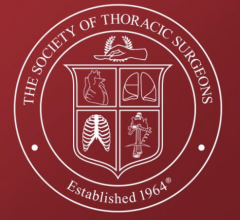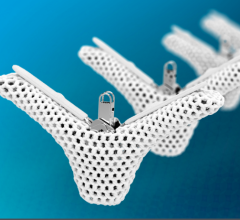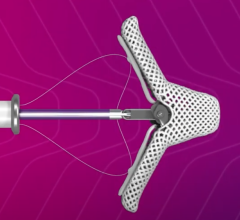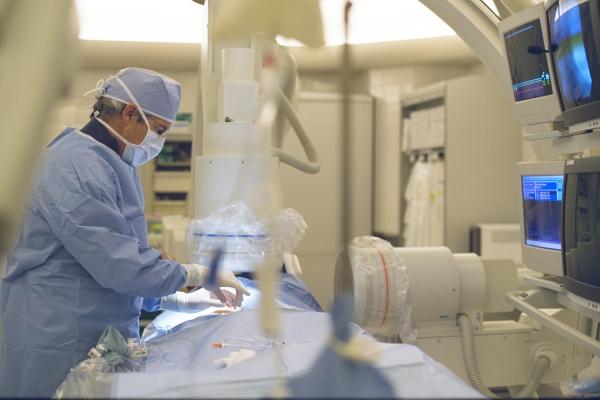
January 16, 2013 — Open heart surgery may be a dying art, as new valve replacement techniques offer life-changing treatment without the need for invasive procedures, states a new report by healthcare experts GlobalData.
The new report [1] studies transcatheter aortic valve replacement (TAVR), which allows the percutaneous treatment of severe aortic valve disease (AVD) through the implantation of a prosthetic aortic valve within the diseased native valve without the need for open heart surgery or cardiopulmonary bypass.
Rob Littlefield, MSc., GlobalData’s analyst for cardiovascular devices, states: "AVD affects over 3.6 percent of the population older than 65, and severe cases of it have mortality rates of nearly 50 percent at two years. However, even after 45 years of refinement, surgical techniques fail to provide suitable options for AVD patients who are inoperable due to comorbidities. Since its first in-human use in 2002, TAVR has created a wholly new market targeted at this inoperable crowd.”
The first and second TAVR devices ever approved received CE mark in Europe in 2007, followed by four others since then. Only one device has U.S. Food and Drug Administration (FDA) approval in the United States, which it received in 2011, but the market has been developing quickly as a result of the rapid adoption of the procedure in these regions. Littlefield says that TAVR is "faster than current open-heart procedures, less invasive and the results have been positive thus far." TAVR devices are already evolving as companies work to further improve this technology, with many second-generation valves approved in Europe, and others due to launch on the continent and in the United States in the near future.
TAVR has been proven effective in high-risk and inoperable patients, but there is still plenty of room for improvement before TAVR becomes the standard of care and is used on moderate and low surgical risk patients; however, these patients represent a large future market. Companies with new devices in development are aiming to reduce paravalvular regurgitation and the high incidence of stroke associated with TAVR, two challenges that have plagued first-generation devices. Further evidence of safety and efficacy will help TAVR be approved for these lower-risk patient pools.
Direct Flow Medical and AorTech International are currently working to develop devices with prosthetic valve leaflets made of synthetic polymers to improve durability and reduce costs, while ValveXchange has developed a TAVR system whose exchangeable leaflets can be replaced as they wear out. Physicians have also called for improved repositionability and reduced delivery sheath sizes. With more companies entering the market, and increasingly larger numbers of patients suitable for TAVR treatment, these points of difference between products will drive sales.
Germany is leading the way with TAVR procedures, having completed over 8,000 operations during 2011. However, other European countries are not far behind their German neighbors, and the United States is quickly catching up. With the anticipated FDA approval of second-generation devices, such as Medtronic’s CoreValve, JenaValve’s prosthetic valve, and Symetis’ Acurate TA valve expected in 2014, GlobalData expects a boost in sales. Littlefield muses that, “while TAVR is already being rapidly adopted in Europe and more recently the U.S., this technology has barely begun to penetrate the Asian, South American, Australian and South African markets." Clinical trials are beginning in Japan, a few heart centers in Singapore are starting to use TAVR devices, and South America has given approval to one TAVR company to launch their product, demonstrating the beginning of widespread adoption of the technology worldwide.
GlobalData expects that most major heart centers in the United States and Europe will offer the procedure in coming years. However, adoption of TAVR has been hindered due to strict experience and training requirements, lacking reimbursement, and the current high cost of the devices compared to surgically implanted valve prosthetics. GlobalData forecasts the TAVR global market to reach $2.6 billion by 2018.
For more information: www.globaldata.com
[1]MediPoint: Transcatheter Aortic Valve Replacement - Analysis and Market Forecasts

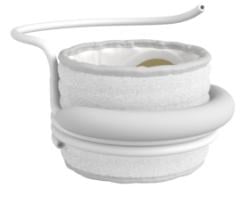
 December 24, 2025
December 24, 2025 
